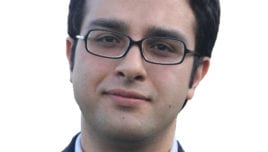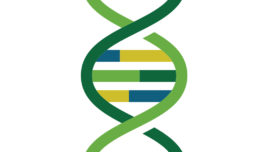Trainee Paper Spotlight: Masoud Zamai Esteki
Trainee Author: Masoud Zamani Esteki, PhD Postdoctoral Fellow, Research Associate Katholieke Universiteit Leuven Concurrent Whole-Genome Haplotyping and Copy-Number Profiling of Single Cells. Zamani Esteki, Masoud et al. The American Journal of Human Genetics , Volume 96 , Issue 6 , 894 – 912. This paper makes an important contribution to genetics by developing a single-cell... Read More


